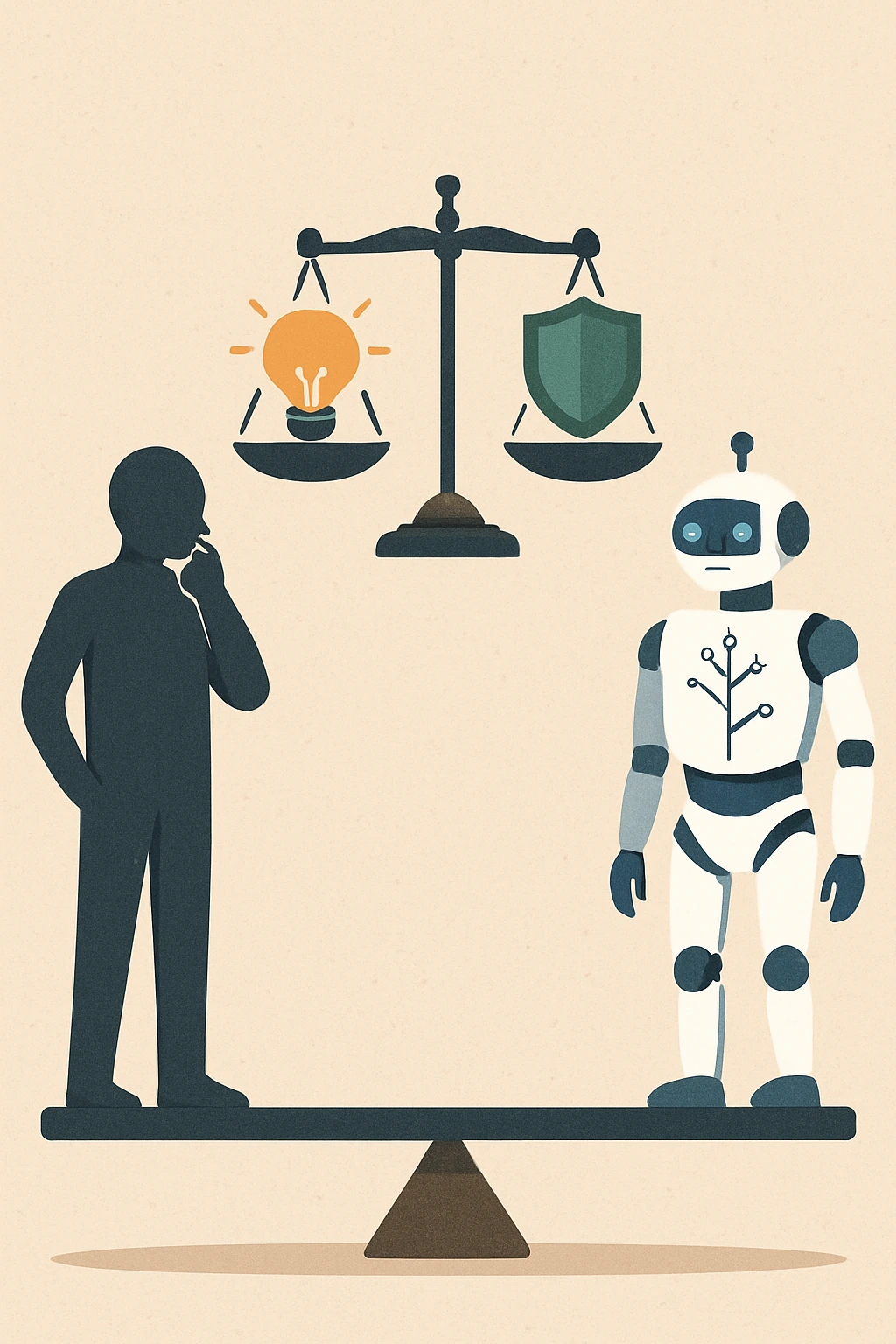
Ethical AI: Balancing Innovation with Responsibility
As artificial intelligence systems become increasingly embedded in daily life, the ethical implications of their design and deployment have come under intense scrutiny. Ethical AI involves developing and using AI technologies in ways that are transparent, fair, and accountable, ensuring they do not perpetuate bias, discrimination, or violate individual privacy. The challenges are multifaceted — algorithms trained on biased data can reinforce societal inequalities, automated decision-making may lack explainability, and the misuse of AI can threaten security and democracy. To address these issues, researchers, policymakers, and organizations are working to establish guidelines, regulatory frameworks, and best practices that promote responsible AI innovation. Public engagement and interdisciplinary collaboration are essential to create AI that aligns with human values, respects rights, and maximizes societal benefit without compromising ethics.
AI · Ethics · Responsibility
Ethical AI: Balancing Innovation with Responsibility
As AI systems become woven into healthcare, finance, justice, and everyday apps, questions of fairness, accountability, and trust take center stage. Ethical AI is not just a technical challenge—it’s a social contract.
By Editorial Team ·

“The question isn’t what AI can do—it’s what it should do.”
Bias in Algorithms
AI learns from historical data—but data often reflects societal inequalities. A hiring algorithm trained on biased datasets may favor men over women, or a predictive policing tool may disproportionately target minority communities.
- Train models on diverse, representative datasets.
- Continuously audit outputs for hidden bias.
- Introduce fairness metrics into model evaluation.

Privacy & Security Concerns
From facial recognition to voice assistants, AI systems gather massive amounts of personal data. Without strict safeguards, this can lead to surveillance, misuse, or unauthorized sharing.
Best Practices
- Encrypt sensitive data at rest and in transit.
- Minimize data collection—gather only what’s essential.
- Adopt federated learning to train AI without exposing raw data.
Explainability & Accountability
Black-box models may deliver accurate results, but without transparency, users and regulators cannot trust their outcomes. Ethical AI demands interpretability.
| Challenge | Why It Matters | Solution |
|---|---|---|
| Opaque models | Users can’t understand decisions | Adopt interpretable AI (XAI) |
| No accountability | Hard to assign responsibility | Establish clear governance policies |
Global Governance & Standards
Governments and institutions are creating AI policies that emphasize fairness and responsibility. The EU’s AI Act, for example, categorizes AI systems by risk and imposes stricter rules on high-risk applications.
Key Focus Areas
- Transparency in AI decision-making.
- Ethical guidelines across industries.
- Continuous monitoring for unintended harm.
Bottom Line
Ethical AI is not about slowing innovation—it’s about building systems people can trust. By prioritizing transparency, fairness, and human-centered design, we can ensure AI benefits society without sacrificing core values.
“The future of AI must be ethical by design, not as an afterthought.”